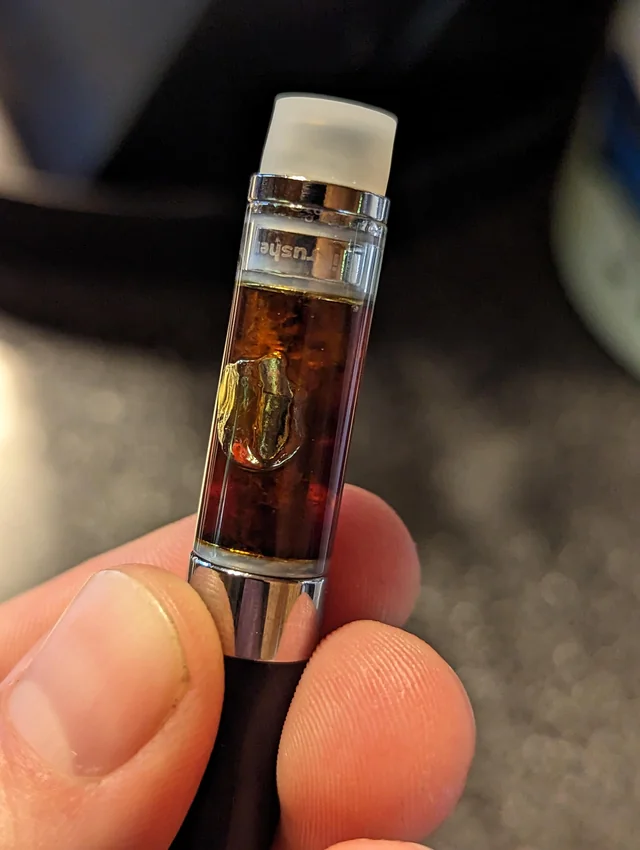
The phrase “Loud House Hemp” can refer to two different things, and it’s important to be aware of the difference due to the legal implications of cannabis:
-
Loud House Hemp (Retail Store): This could be the name of a store selling hemp-derived products like CBD oil, clothing made from hemp fibers, or other non-psychoactive items. Hemp is legal in most places in the US with low levels of THC.
-
Loud House Seeds (Seed Bank): “Loud” is a slang term used to describe cannabis with a strong aroma. It’s possible “Loud House Seeds” is a seed bank selling high-THC marijuana seeds. However, selling or possessing marijuana seeds can be illegal in many areas.
Here’s how to tell the difference:
- Look for keywords: A legitimate hemp store might use keywords like “CBD,” “hemp fiber,” or “wellness” on their website or storefront.
- Check for licensing: Legal hemp businesses typically have licenses or permits displayed.
- Research online: Search for reviews or information about the business online. Legitimate businesses will have clear information about their products and practices.
Important Note: When it comes to cannabis products, legality varies greatly by location. It’s crucial to research the laws in your area before considering purchasing any hemp or marijuana-derived products.
The Benefits of Planting Hemp: A Comprehensive Guide
Hemp (Cannabis sativa L.) is a versatile plant with a long history of cultivation, offering a wealth of benefits across various sectors. Often confused with its psychoactive cousin, marijuana, hemp boasts a distinct chemical makeup with minimal tetrahydrocannabinol (THC), the psychoactive compound in marijuana. This distinction allows hemp to be harnessed for a multitude of purposes, making it a promising crop for a sustainable future.
This comprehensive guide dives deep into the advantages of planting hemp, exploring its impact on agriculture, the environment, industry, and even human health.
Agricultural Advantages
-
Sustainable Crop Rotation: Hemp thrives in diverse climates and integrates well into crop rotation cycles. Its deep root systems improve soil structure, suppress weeds, and help retain moisture for subsequent crops. This reduces reliance on harmful pesticides and fertilizers, promoting long-term soil health.
-
Fast-Growing and High-Yielding: Hemp boasts a rapid growth cycle, reaching maturity within 4 months. Compared to traditional crops like cotton, hemp requires less land and produces significantly higher yields per acre. This efficiency translates to increased profitability for farmers.
-
Resilient and Low-Maintenance: Hemp exhibits natural resistance to pests and diseases, minimizing the need for chemical interventions. Additionally, it requires less water than many other crops, making it ideal for arid regions or areas facing water scarcity.
-
Multiple Product Potential: One of hemp’s greatest advantages is its versatility. From the fibers in the stalk to the seeds, every part of the plant can be utilized for various products. This reduces waste and allows farmers to maximize their return on investment.
Environmental Benefits
-
Carbon Sequestration Powerhouse: Hemp’s rapid growth allows it to absorb significant amounts of carbon dioxide from the atmosphere. This sequestration process helps mitigate climate change and improve air quality.
-
Soil Regeneration: Hemp’s deep roots contribute to soil health by preventing erosion, retaining moisture, and fixing nitrogen in the soil. This improves fertility and reduces the need for synthetic fertilizers.
-
Sustainable Building Material: Hemp hurds, the woody core of the stalk, can be used to create eco-friendly building materials like hempcrete. These materials offer superior insulation, fire resistance, and breathability compared to traditional options.
-
Bioremediation Potential: Studies suggest hemp may be effective in removing heavy metals and toxins from contaminated soil. This potential for bioremediation could aid in the cleanup of polluted lands.
-
Habitat for Beneficial Wildlife: Hemp fields provide a habitat for pollinators like bees and butterflies, promoting biodiversity and a healthy ecosystem.
Industrial Applications
-
Sustainable Textiles: Hemp fibers are incredibly strong, durable, and naturally resistant to mold and mildew. They can be used to create eco-friendly fabrics for clothing, upholstery, and other textile products.
-
Biodegradable Plastics: Hemp can be processed into bioplastics, a sustainable alternative to petroleum-based plastics. These bioplastics decompose quickly, reducing plastic pollution and waste.
-
Biofuels: Hemp can be used to produce biodiesel, a renewable and cleaner-burning fuel option compared to traditional fossil fuels.
-
Building Materials: As mentioned earlier, hemp hurds can be used to create eco-friendly building materials like hempcrete. These materials offer a sustainable alternative to conventional construction materials with a lower carbon footprint.
-
Paper Production: Hemp can be utilized to produce high-quality paper, offering a more environmentally friendly alternative to wood-pulp paper production.
Potential Health Benefits
-
Nutritional Powerhouse: Hemp seeds are a complete protein source, containing all nine essential amino acids the body cannot synthesize. They are also rich in omega-3 and omega-6 fatty acids, beneficial for heart health.
-
Potential Anti-Inflammatory Effects: The presence of gamma-linolenic acid (GLA) in hemp seeds suggests potential anti-inflammatory properties. While research is ongoing, early studies show promise in reducing inflammation associated with various conditions.
-
Skin Health: Hemp seed oil contains essential fatty acids and antioxidants that may benefit skin health by promoting moisture retention and reducing inflammation.
-
Potential Neuroprotective Properties: Some studies suggest that certain compounds in hemp may have neuroprotective effects, potentially aiding in managing neurological conditions like Alzheimer’s disease. However, more research is necessary to solidify these claims.
Challenges and Considerations
Despite its numerous benefits, planting hemp also presents some challenges. Legal restrictions surrounding hemp cultivation vary by region, and navigating these regulations can be complex. Additionally, establishing a market for hemp products requires infrastructure development and consumer education.
The Future of Hemp
As research continues to unveil the potential of hemp, its role in a sustainable future becomes increasingly evident. From its agricultural prowess to its industrial applications and potential health benefits, hemp offers a compelling alternative to resource-intensive practices. By addressing regulatory hurdles.









